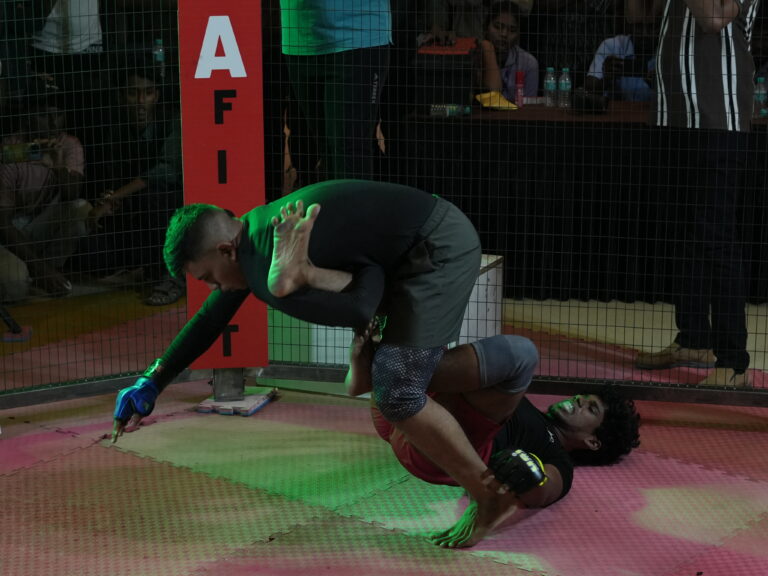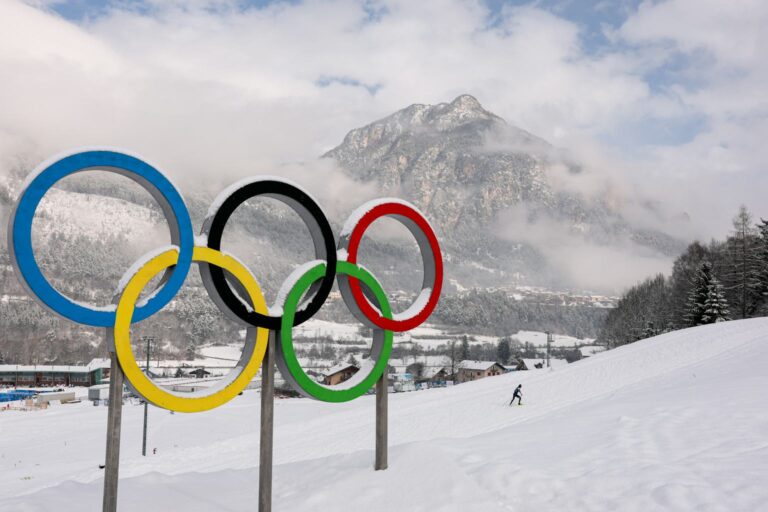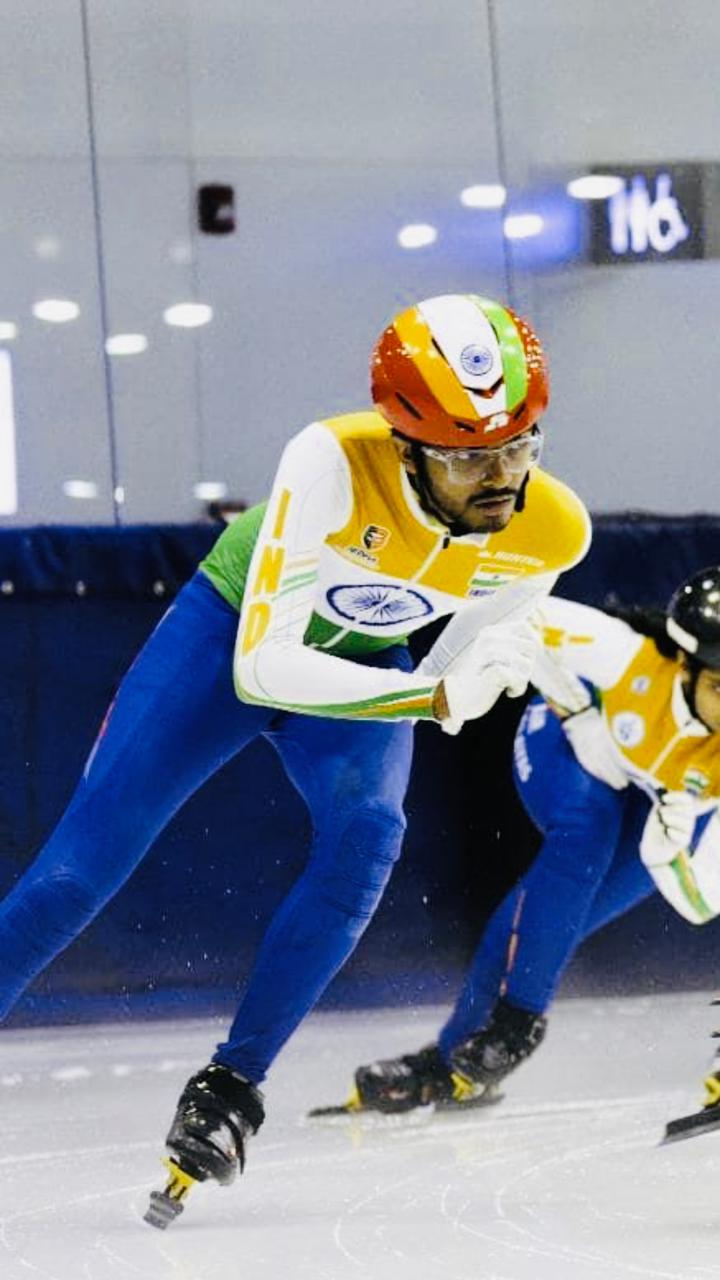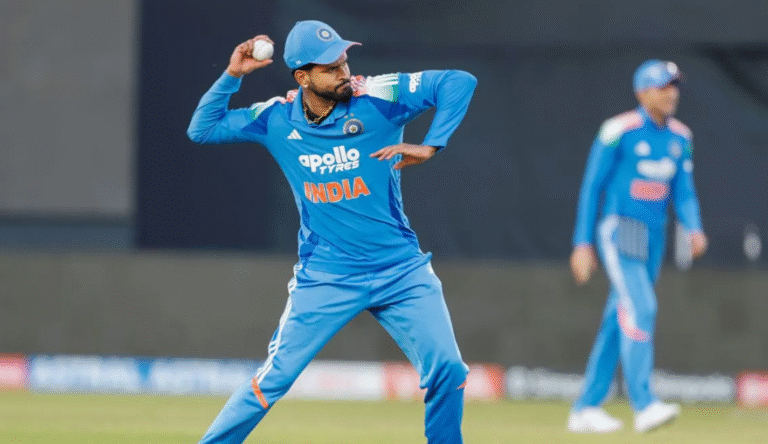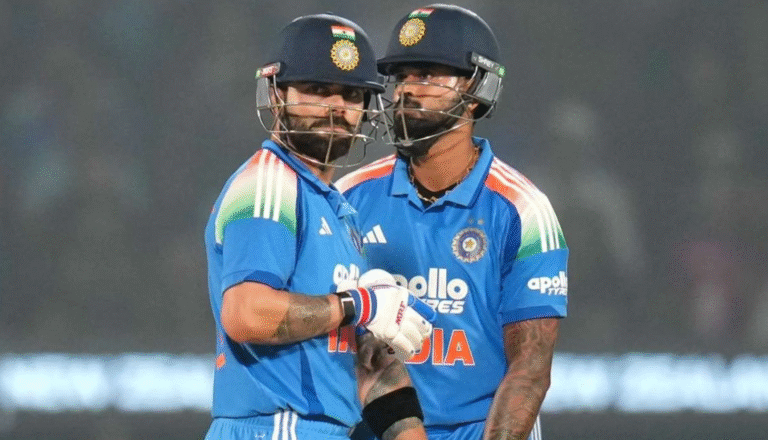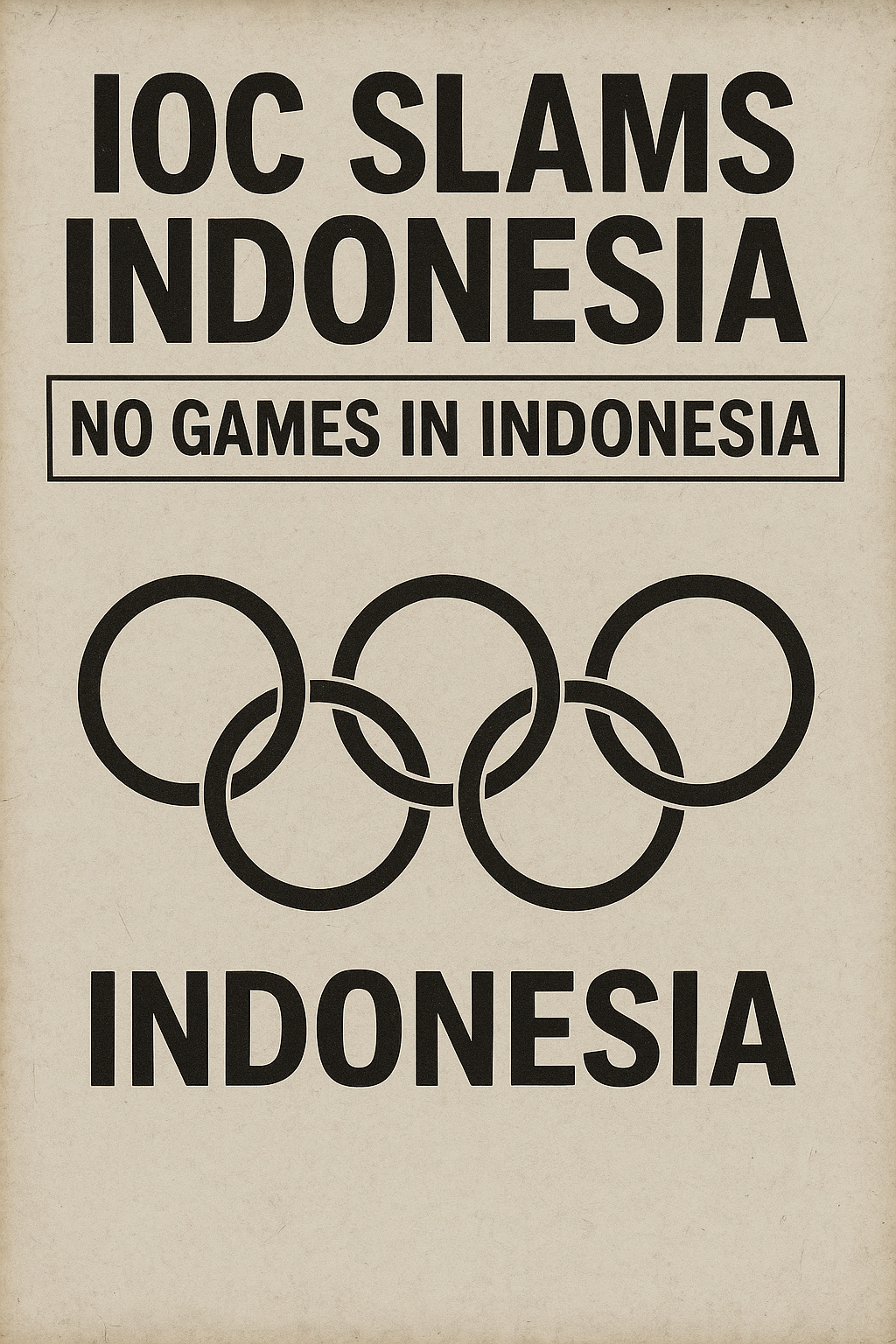
Jakarta / Lausanne, October 2025:
The International Olympic Committee (IOC) has dropped a hammer on Indonesia, recommending that no international sporting events be hosted in the country until further notice. The reason? Indonesia denied visas to Israeli athletes for the upcoming World Artistic Gymnastics Championships, turning what should have been a stage for athletic brilliance into a diplomatic disaster.
In a world where sports are supposed to rise above politics, Indonesia’s move has sparked a firestorm. And the IOC’s response — immediate and uncompromising — signals a rare moment of muscle-flexing from the guardians of the Olympic ideal.
🕊️ When Sport Meets Statecraft
Indonesia’s refusal to issue visas to Israeli gymnasts may play well domestically, but on the global stage, it’s a PR implosion. The IOC’s core principle — neutrality — was shredded in plain sight. For an organisation that has tolerated political interference for decades, this time they’ve drawn the line.
Indonesia, which has been eyeing a 2036 Olympic bid, may have just burned that dream under the glow of nationalist rhetoric. The IOC’s message was brutal and clear — you can’t host the world if you won’t welcome the world.
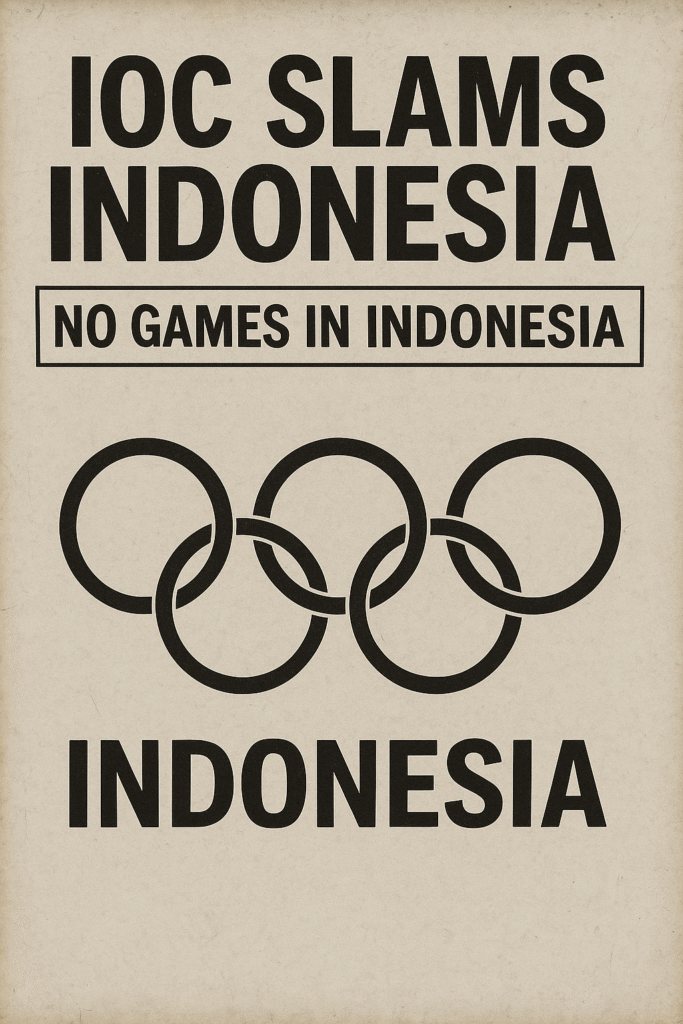
⚖️ The Fallout
The IOC’s executive board met in Lausanne, and the verdict was swift: “No international sporting events should be hosted in Indonesia until the matter is resolved and guarantees of non-discrimination are secured.”
This decision slams the brakes on not just the gymnastics championship but also threatens upcoming events, including potential football qualifiers and esports tournaments Indonesia had lined up.
The country’s sports ministry called the decision “unfortunate,” but global reaction leaned the other way — applauding the IOC for finally enforcing accountability.
🌍 Sports Can’t Be Selective
For decades, politics has shadowed the Olympic movement — from apartheid-era bans to modern-day boycotts. But what makes this moment stand out is its symbolism: a fast-growing Asian sports power being publicly reprimanded.
It’s not about Israel alone; it’s about the precedent. If any host nation starts handpicking which countries can enter, the very foundation of global competition collapses.
The IOC’s firm stance is being read as a warning shot to other nations flirting with mixing sport and geopolitics — a move that could shape future bidding wars for decades.
🔥 Indonesia’s Sporting Dreams at Stake
Indonesia has hosted some spectacular events — from the 2018 Asian Games to MotoGP — and built a reputation as Southeast Asia’s sports powerhouse. But this decision may push it into isolation.
The Indonesian Olympic Committee is scrambling to mediate, promising “dialogue with international partners.” Still, insiders believe the damage is already done.
As one IOC insider told Le Monde, “The Olympic dream doesn’t coexist with political exclusion.”
🏁 BiGG Take: The Games Are Global, Not Personal
Let’s be clear — sports are political, whether we admit it or not. But the Olympic flame burns on one simple truth — unity. When nations start choosing who can play, they stop being hosts; they start being gatekeepers.
Indonesia’s call may have scored local applause, but globally it’s a red card.
The IOC’s ruling isn’t just a penalty — it’s a message to the sporting world: Play fair, or don’t play at all.
Follow BiGG Sports News for more sports Stories



